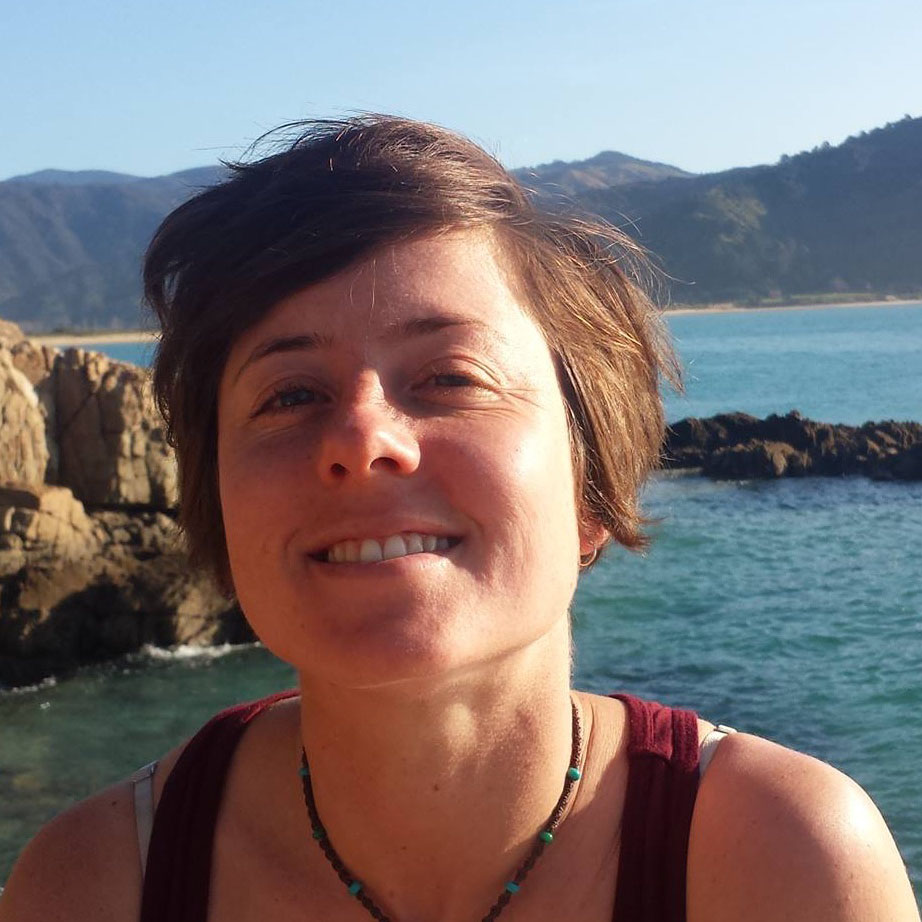This story is the second in a three-part series. Read part one, Barking up the same tree in Kenya’s Rift Valley.
“How can we prevent our rivers from drying?”
“Why have we been restricted from sand harvesting from the rivers?”
“How can I join my community forest association?”
“I’m a herbalist. Can you support me to plant indigenous trees?”
Community members in the Itare and Londiani forest blocks in Kenya’s Mau Forest Complex texted in these burning questions and more to a radio talk show on the local vernacular station Chamgei FM late last year.
The program was devoted to discussing the findings of new research carried out by the Center for International Forestry Research (CIFOR) and its partners, which explores how best to manage forests and water jointly by community associations for more effective results.
The talk show represents a fresh take on community engagement in natural resource management, and it made an impact. As well as the questions texted in by the listeners, 38,000 people tuned in to the program.
The researchers also used more conventional engagement methods such as feedback workshops in the remote Itarecommunities, though unconventionally presented their findings back to them, reflecting on what participants had told them about forest and water governance in their area, and checking in that the representation was accurate.
“I am surprised that CIFOR kept their promise to bring us back the report and documents,” said the Londiani Water Resource Users Association chairman Henry Inyambula.
The new methods bode well for boosting social and environmental outcomes in the area, says Elizabeth Wambugu, who is head of forest management plans for the Kenya Forest Service (KFS), “I’m confident that this will yield better results for our communities and our ecosystems,” she says.
We want you to share Forests News content, which is licensed under Creative Commons Attribution-NonCommercial-ShareAlike 4.0 International (CC BY-NC-SA 4.0). This means you are free to redistribute our material for non-commercial purposes. All we ask is that you give Forests News appropriate credit and link to the original Forests News content, indicate if changes were made, and distribute your contributions under the same Creative Commons license. You must notify Forests News if you repost, reprint or reuse our materials by contacting forestsnews@cifor-icraf.org.






















